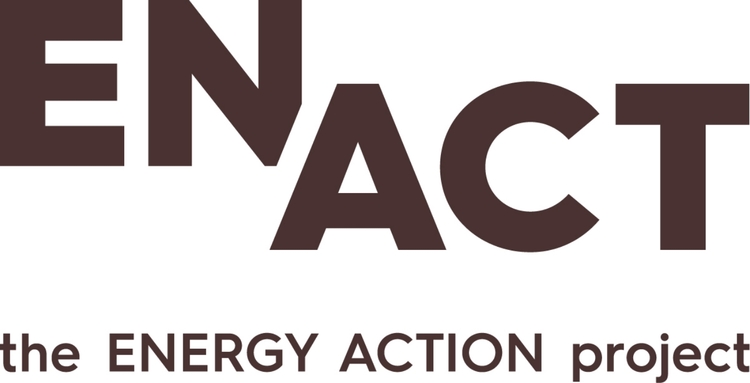Public awareness, energy efficiency and uptake of renewable energy: prioritising action in these three areas is key to a new ‘Energy Poverty Action Plan’ for Greece.
To gather data and insights for the new plan, the INZEB and the Heinrich Böll Stiftung Greece surveyed 691 households across Greece’s diverse climatic, geographical and economic zones.
With 80% of respondents saying they ‘had heard of’ or ‘were familiar with’ the term ‘energy poverty’, efforts to raise awareness are clearly succeeding to some degree. But high levels of energy poverty and gaps in knowledge also became evident.
In fact, a startling 55.6% of people reported spending 11% to 30% of their income on energy – the upper range indicating severe energy poverty (Figure 1). Even so, almost one-third noted ‘frequent’ or ‘very frequent’ thermal discomfort.
Figure 1 ● Geographical distribution of responses across Greece and basic survey findings (originally presented in the Energy Poverty in Greece 2.0 publication (2019-2020).
The impacts of energy poverty proved to be quite well known. More than two-thirds recognised it as a concern for their personal health and well-being while slightly more than half connected it to the health of the environment (Figure 2).
Figure 2 ● Responses on the correlation between energy poverty, air quality and citizens’ health and well-being (originally presented in the Energy Poverty in Greece 2.0 publication (2019-2020).
Knowledge gaps emerged in two key areas: awareness of and/or access to programmes to alleviate energy poverty and the role of energy performance certificates (EPCs) in assessing housing quality and tracking upgrades.
While various programmes in Greece are indirectly linked to alleviating energy poverty – including grants/subsidies for building improvement through the national renovation programme – 43% of households were not aware of any. Also troubling is that 25% who were aware reported that bureaucracy made such programmes too difficult to access. However, residents are willing to learn – most would welcome advice on how to reduce energy consumption and the risk of energy poverty.
Greek legislation mandates that owners must make an EPC available when renting or selling a property. However, most homeowners surveyed said they had no EPC, likely reflecting that they have been residents since before the legislation came into effect. This means they have no official record to show they are living in substandard conditions and raises concerns that they may have not undertaken any energy efficient upgrades or have not recorded such efforts and expenses.
Asked what policy makers should do to tackle energy poverty, more than half of respondents highlighted the need for comprehensive measures to shift energy habits and promote energy efficient building improvements. Broadly, this finding underpins the policy proposals put forth by INZEB and the Heinrich Böll Stiftung Greece.
Click ‘In Depth’ at the top right for more on policy and social action to tackle energy poverty in Greece.


